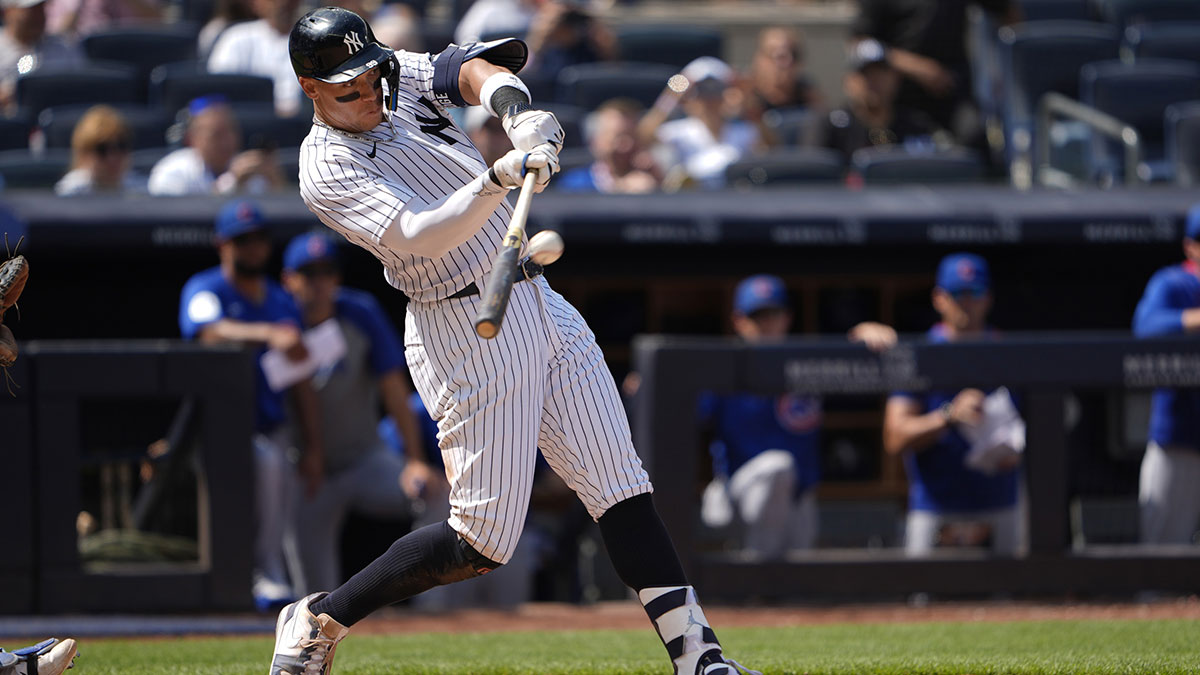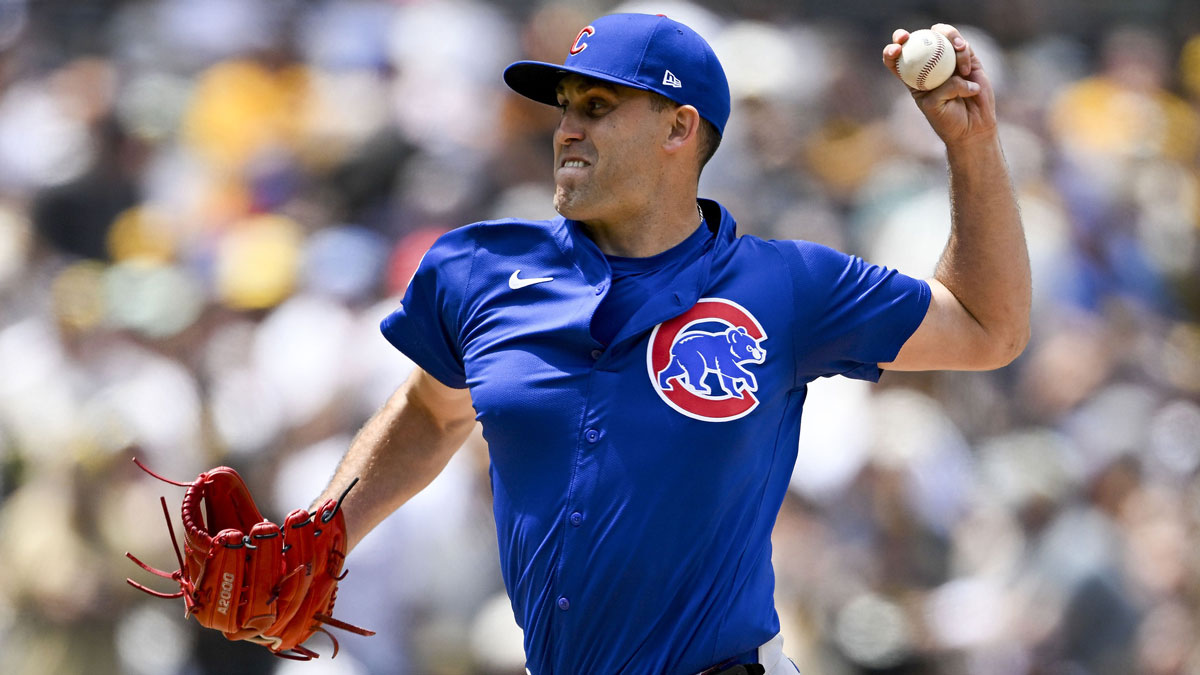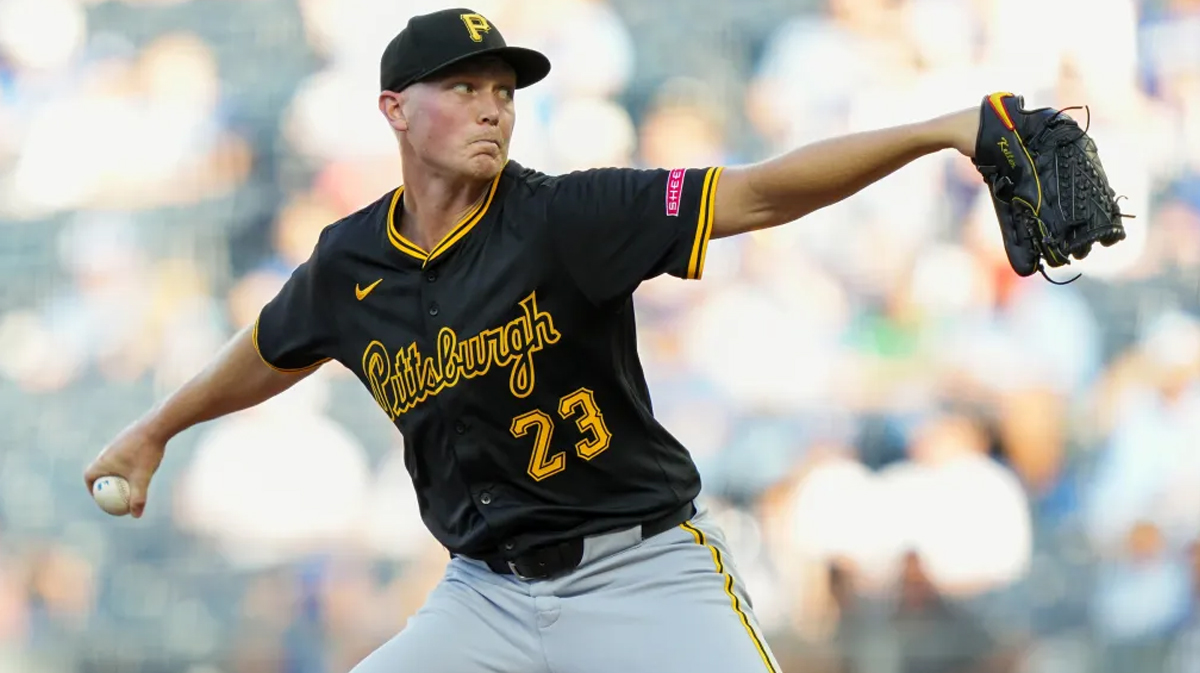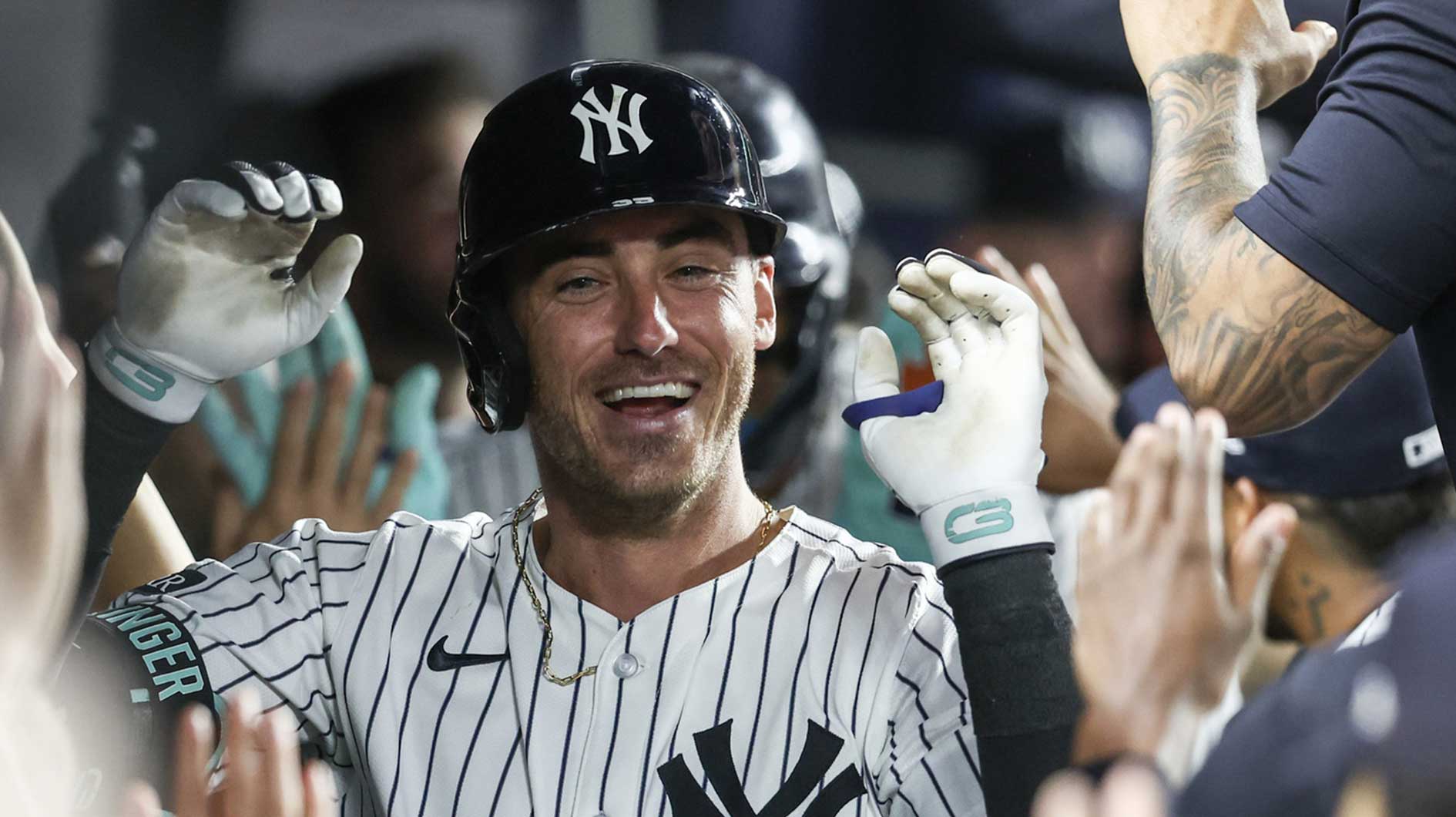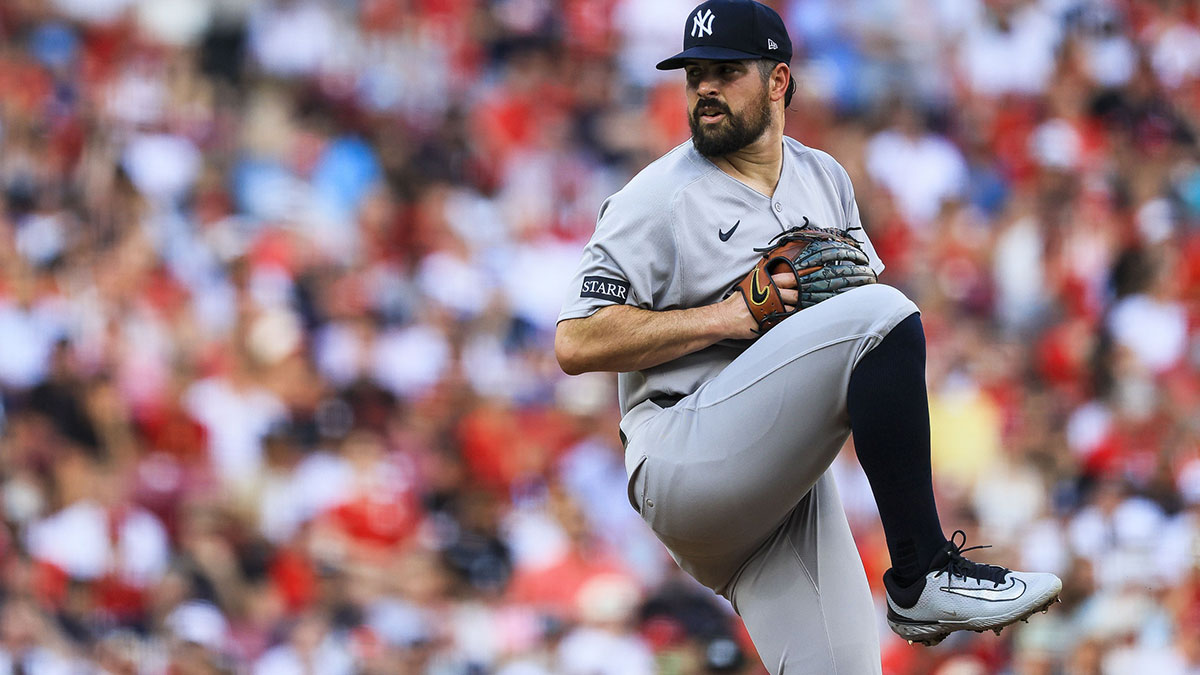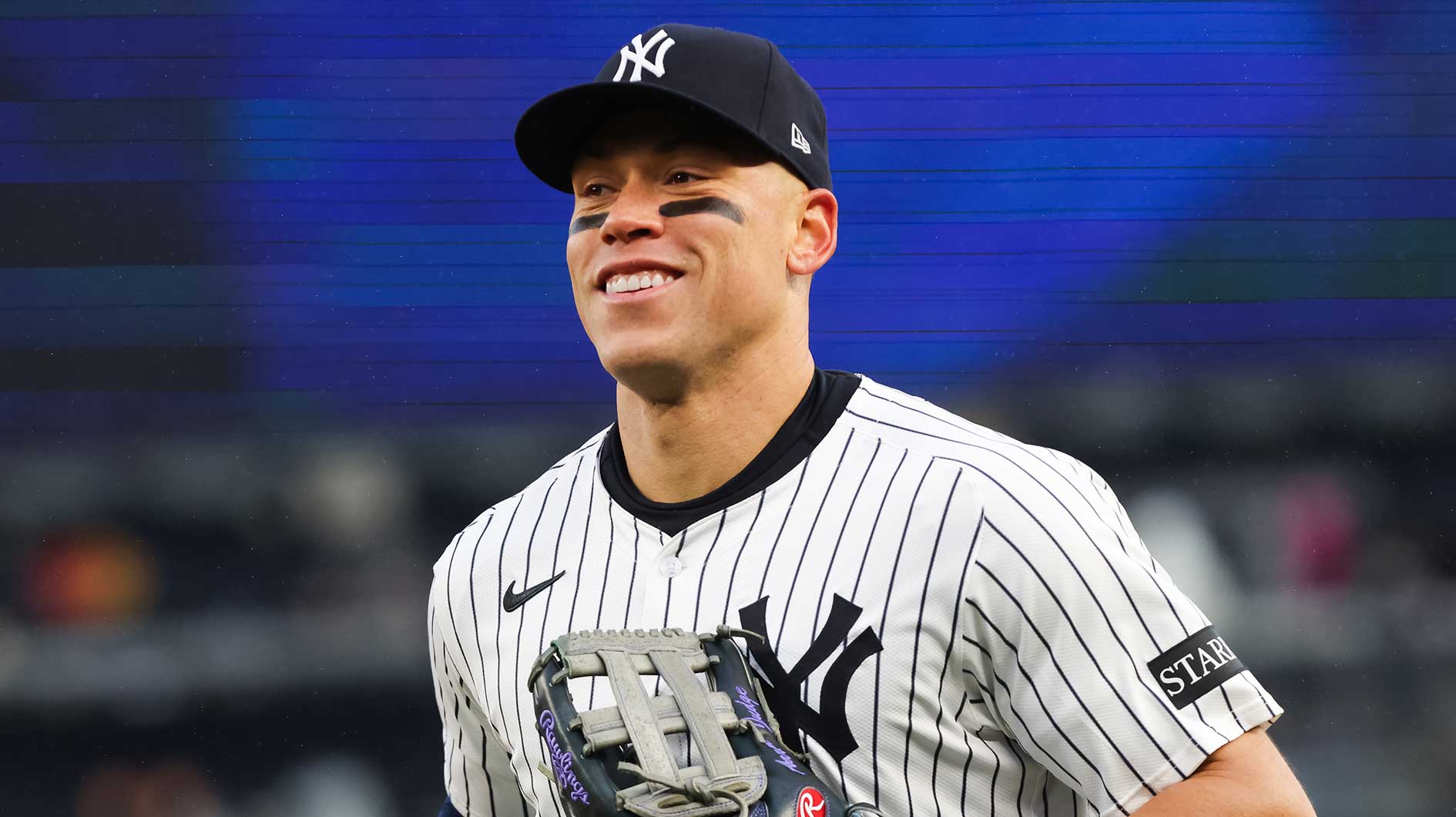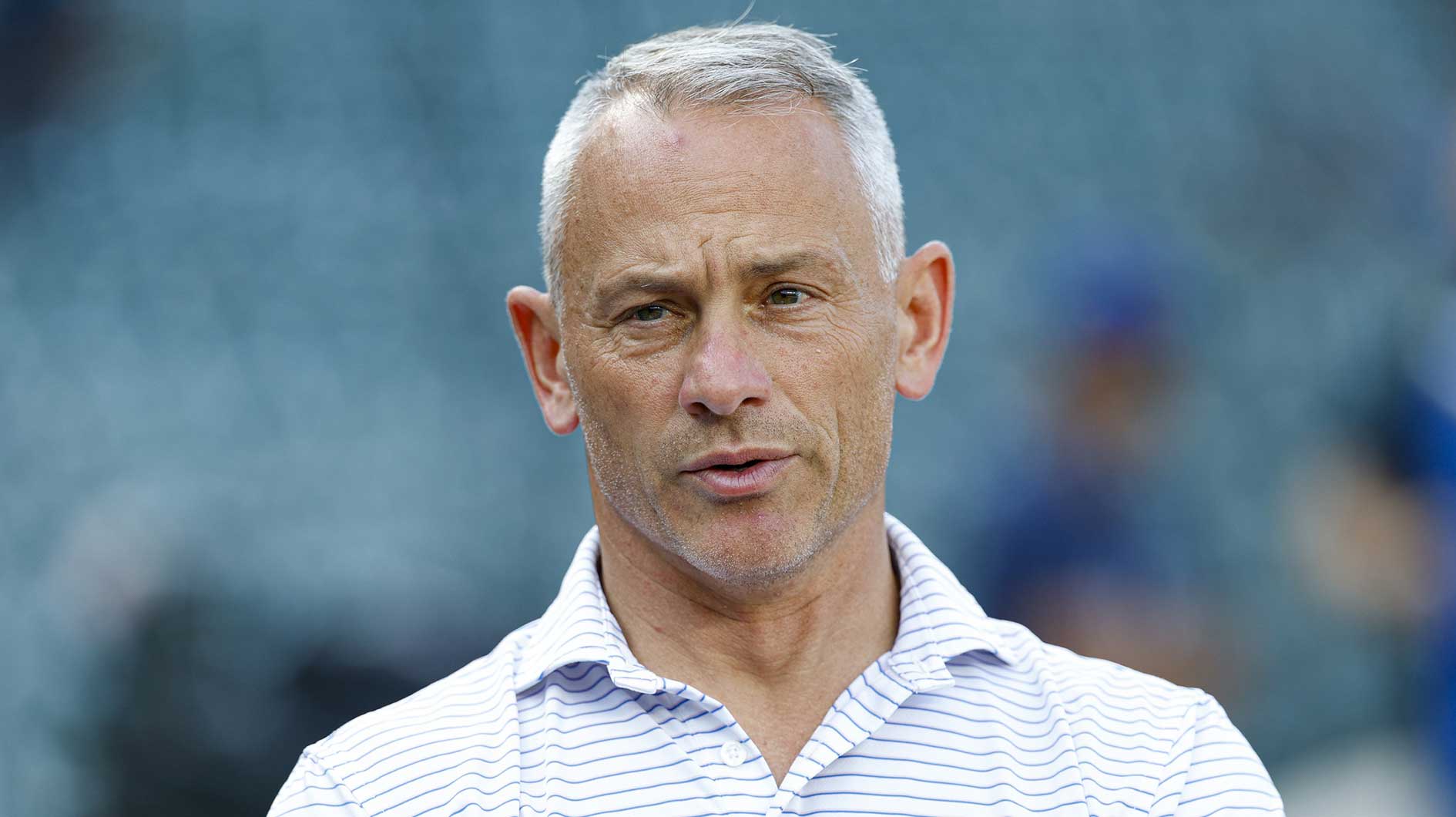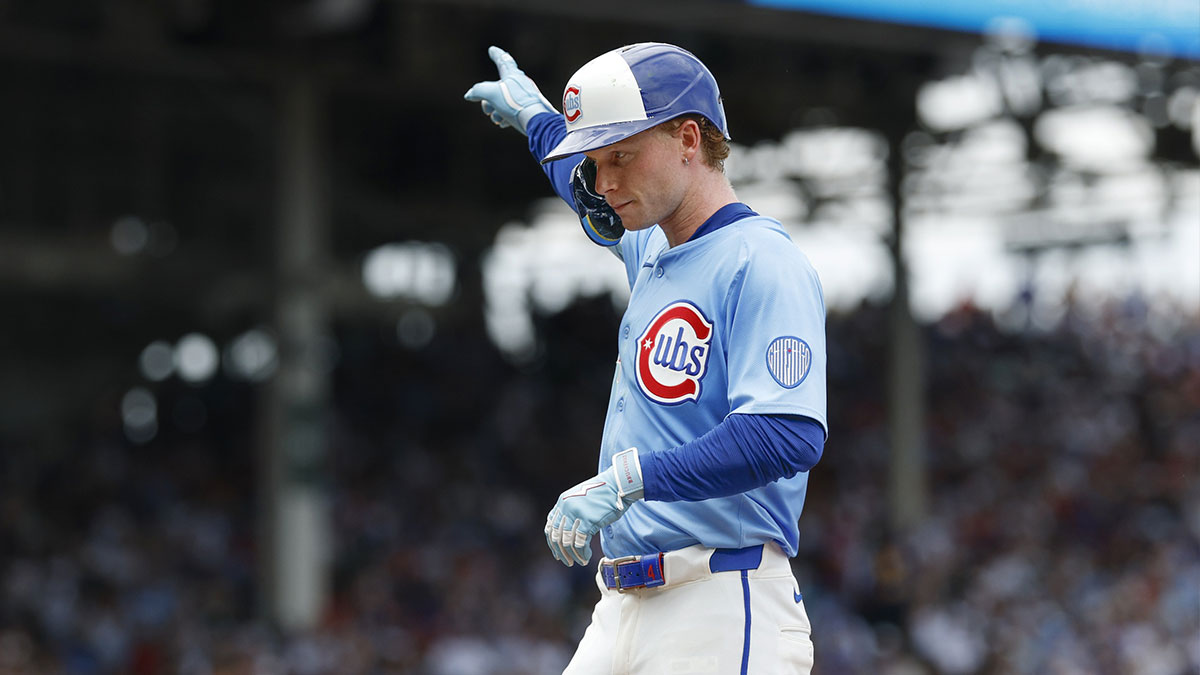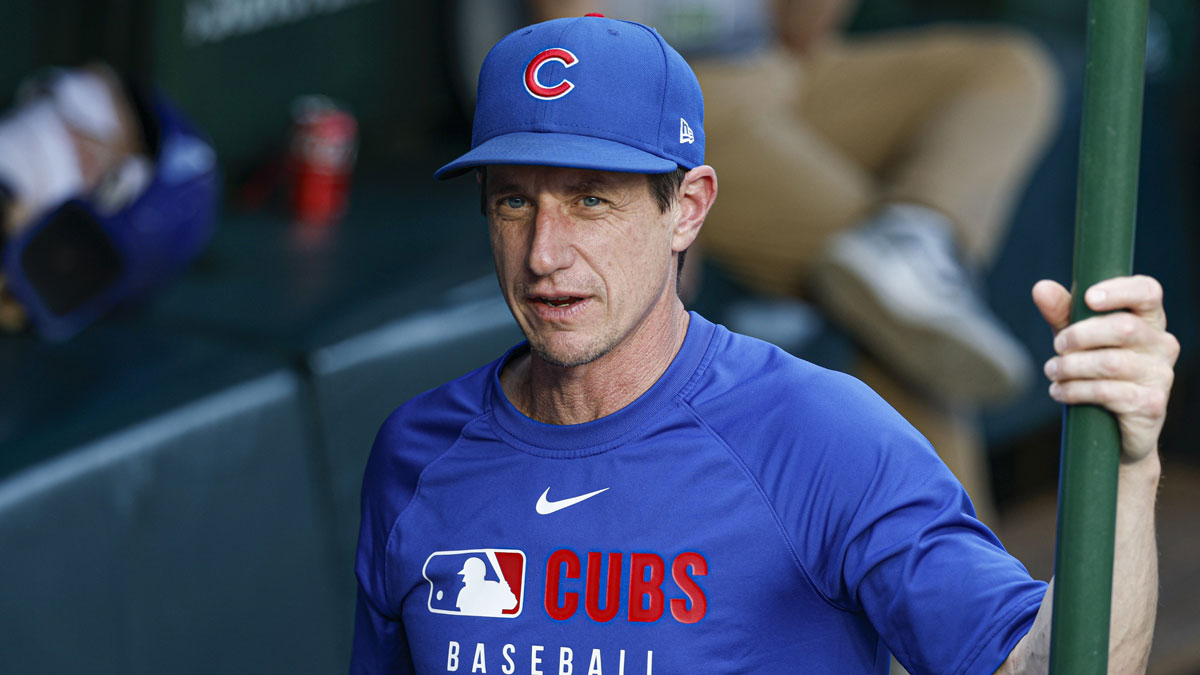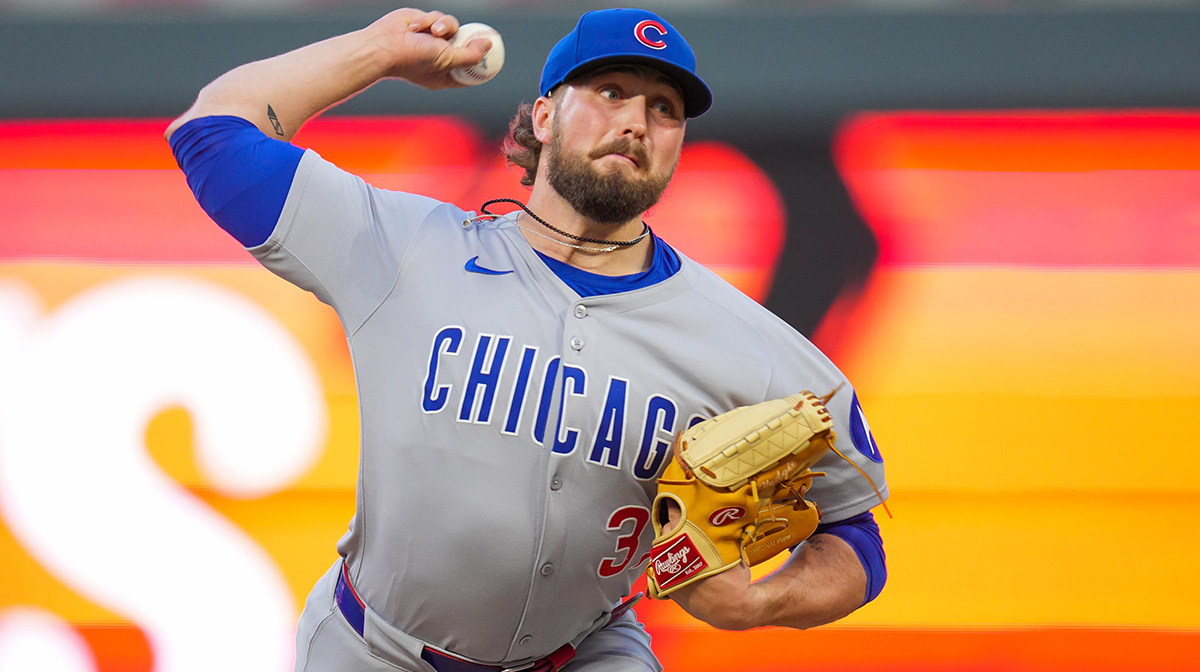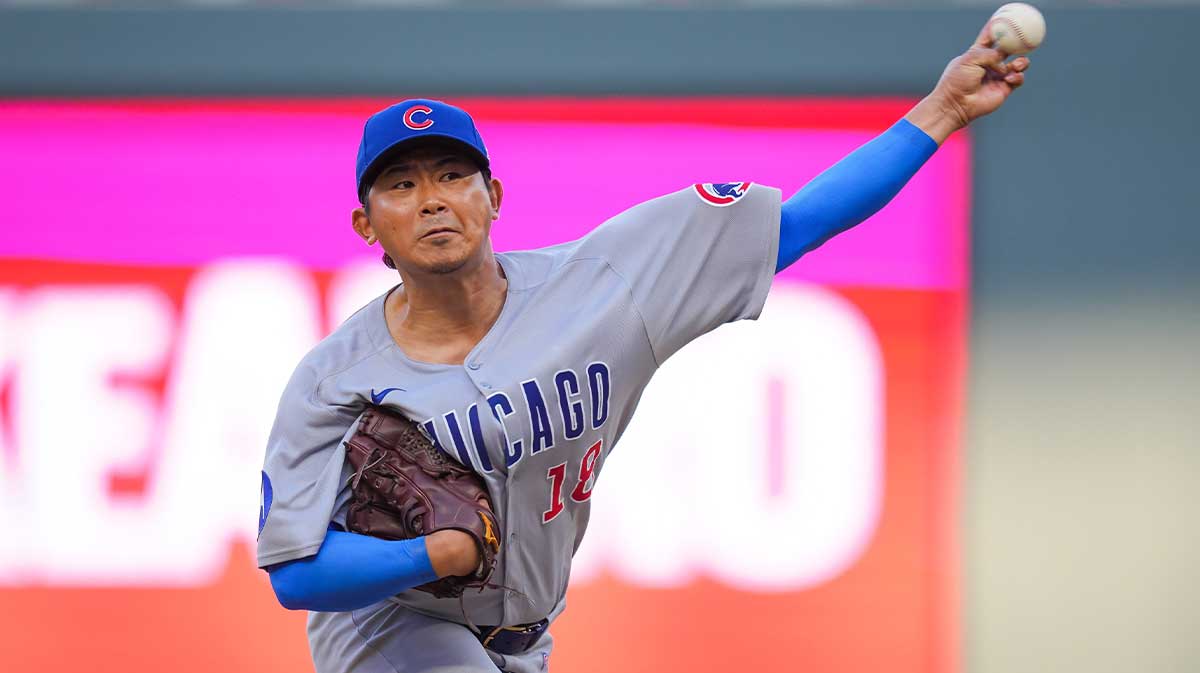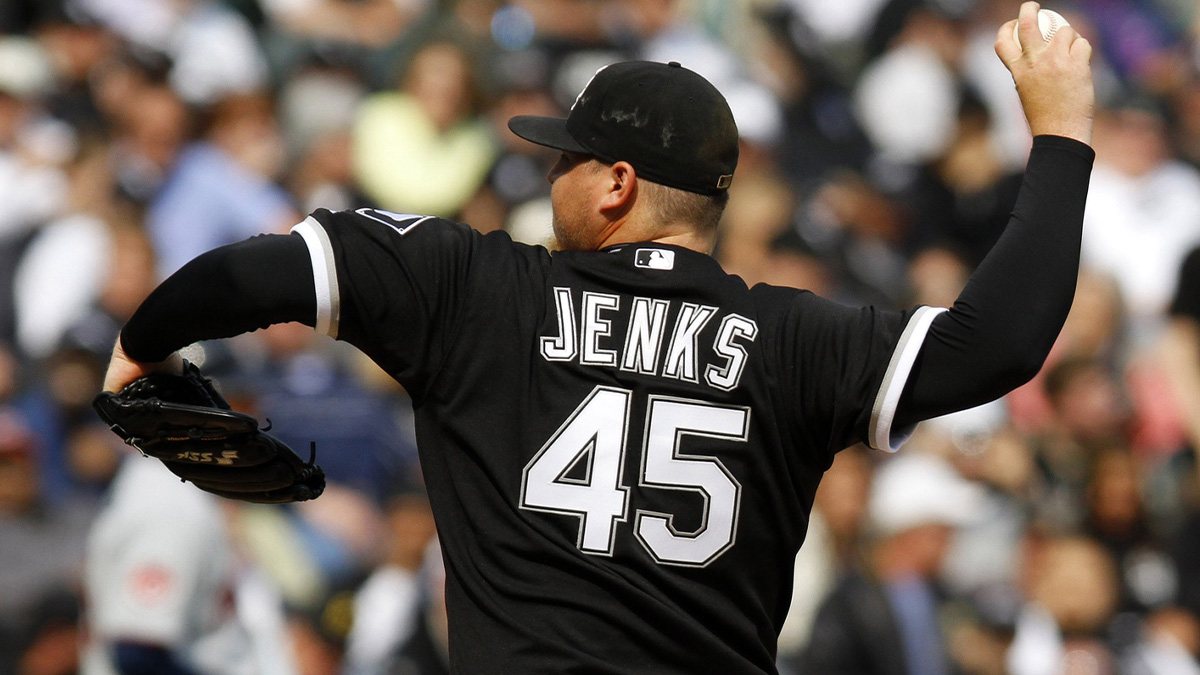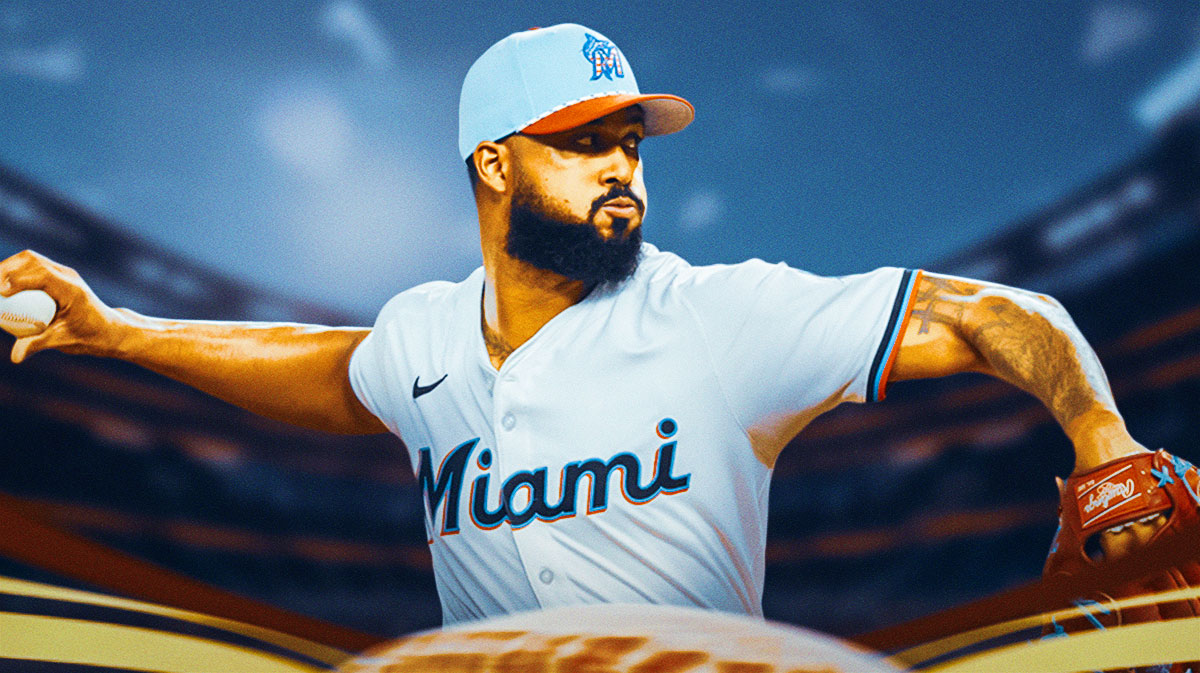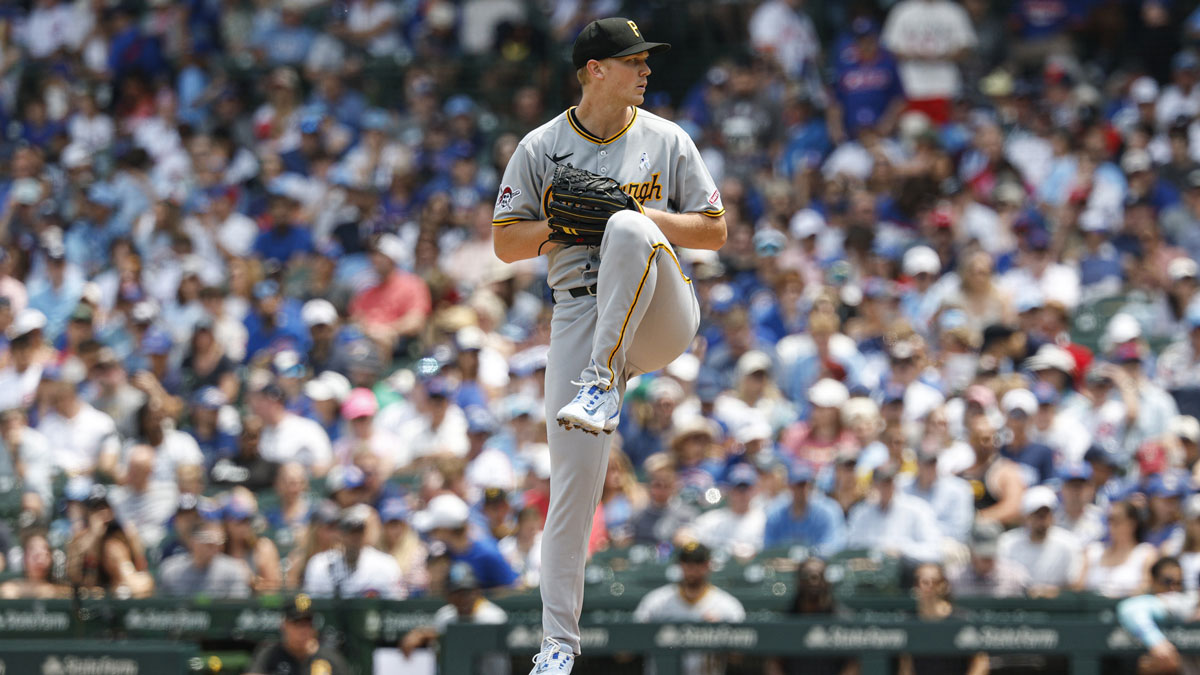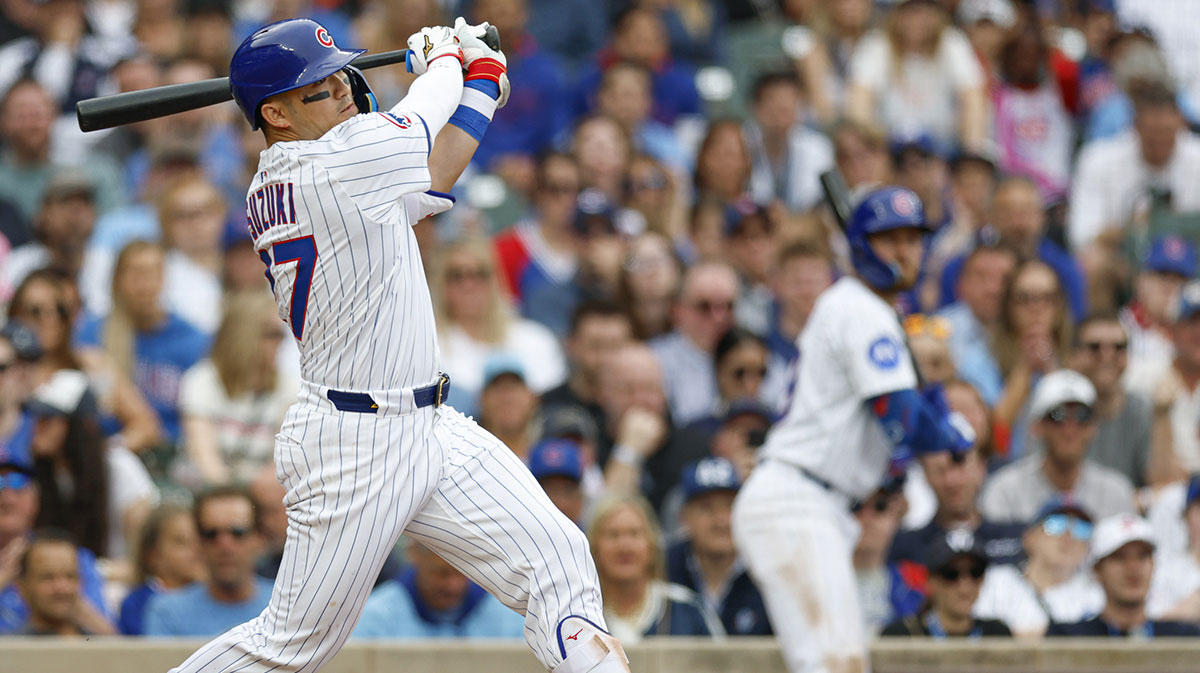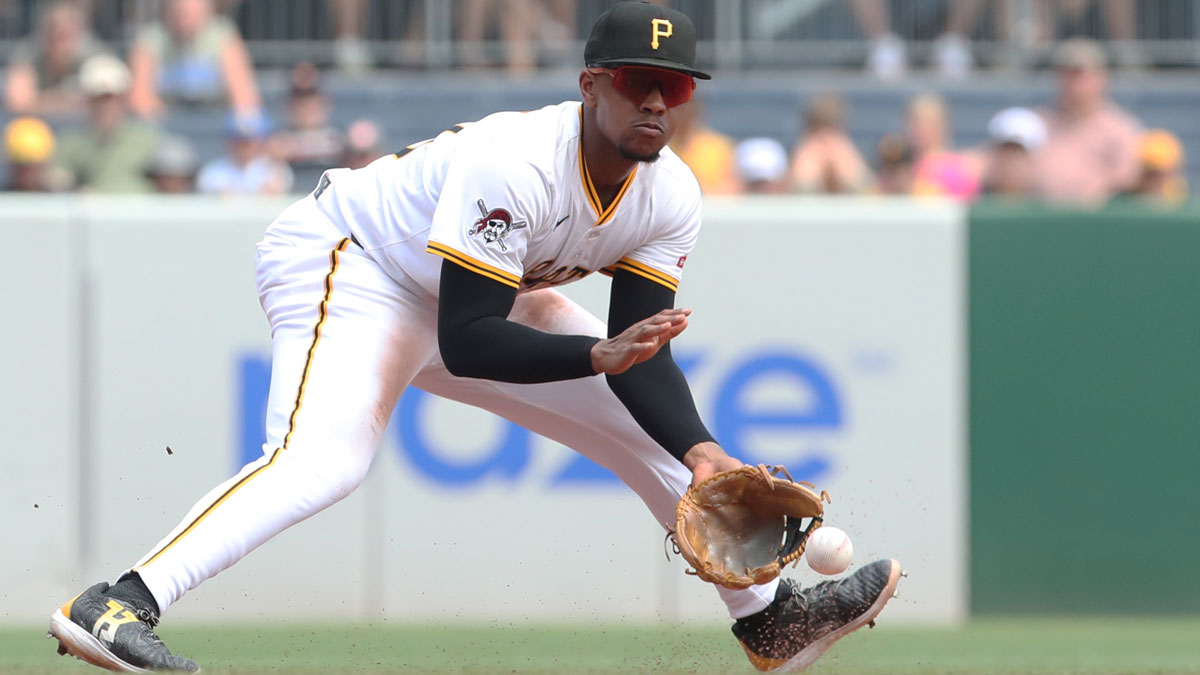The long-awaited resolution to Chicago Cubs third baseman Kris Bryant's service-time grievance is nearly here. Although a formal announcement is expected by the end of the week, ESPN MLB Insider Jeff Passan reported on Wednesday arbitrator Mark Irvings ruled in favor of the Cubs.
Why is this significant? Had he won the grievance, Bryant would have become a free agent immediately following the 2020 season, thereby affecting his trade value as the Cubs look for ways to slash payroll and acquire future assets. Instead, Chicago will retain another year of control, meaning Bryant will not be a free agent until the conclusion of the 2021 season.
Naturally, the extra year of control only serves to increase Bryant's trade value. The Cubs have had discussions with teams like the Washington Nationals and Atlanta Braves regarding Bryant, though the grievance was seen as an impediment towards progress for a potential deal.
Another team that has been shopping a star third baseman is the Colorado Rockies. The Rockies have made Nolan Arenado pretty widely available all winter, and he could very well be on the move in light of his recent disgruntlement with the franchise.
Interestingly enough, ESPN's Jesse Rogers reported the Cubs and Rockies have discussed a one-for-one swap that would send Bryant to Colorado while bringing Arenado to the Windy City:
https://twitter.com/Cubs_Live/status/1222569236922621959
Passan also said Arenado would “love” to play for the Cubs in an appearance on ESPNRadio:
https://twitter.com/Cubs_Live/status/1222565561915396097
While there is a fair chance both Bryant and Arenado are dealt before Spring Training, a simple one-for-one exchange does not really make sense for either team.
Cubs looking to cut costs
For those who might not be keeping close tabs on the MLB offseason, the Cubs have been extraordinarily cautious in free agency.
Chicago only just handed out their first two major-league deals–to Steven Souza Jr. and Jeremy Jeffress–and were unable to re-sign Nicholas Castellanos due to payroll concerns.
Roster Resource projects Cubs' payroll at just over $214.5 million, which is $6.5 million above the current Competitive Balance Tax threshold. One of the reasons for trading Bryant would be to get his $18.6 million salary off the books while also acquiring talented prospects (and maybe some major-league ready players) to bolster their farm system.
Trading Kris Bryant for Arenado, however, would not seem to accomplish either of these goals. Although the Rockies–as Rogers reported–might be willing to pay down some of Arenado's salary, he is still slated to make $234 million over the next seven years of his deal.
The Cubs would hope Arenado would not utilize his opt-out clause following the 2021 season. But even if he decides to stay in Chicago, that is an inherent payroll burden that runs counterintuitive to what Chicago's front office have been trying to achieve all winter: get below the tax threshold and set themselves up for more spending down the road.
How much do the Cubs gain?
This is another hard question to gauge.
On the surface, Arenado seems like the more productive player. He hit more homers (41 to 31) and drove in more runs (118 to 77) than Bryant. But counting stats are not necessarily indicative of a player's true value.
Kris Bryant (131) posted a higher OPS-plus–a stat that takes park factors into account–than Arenado (129), who has the benefit of playing in Coors Field. In fact, Bryant has posted a higher OPS+ than Arenado in all but one season since 2015.
Then again, there is more to baseball than what someone can do at the plate. Arenado is unquestionably one of the better defenders in the game, ranking second in outs above average (OAA), according to Baseball Savant. He has won seven consecutive Gold Gloves at third base. Bryant was an above-average defender in terms of OAA, but he not in the same universe as Arenado at the hot corner.
Arenado's defensive abilities also helped make him the more valuable player. He ranked 13th in the bigs with a 5.9 fWAR, which was over a full win higher than Bryant's 4.8 fWAR, according to FanGraphs.
But is Arenado enough of an upgrade over Bryant to make the Cubs World Series contenders in 2020? Probably not, which is why the Cubs should be wary of such a deal especially when they have an urgency to add young arm talent in their farm system.
Do the Rockies even gain anything at all?
The Bryant-for-Arenado rumors are even more puzzling from the Rockies' perspective.
Colorado had already been exploring their options with respect to Arenado in part–much like the Cubs with Bryant–to lessen the payroll burden while also acquiring top-level prospects.
A trade feels even more likely now that Arenado has voiced displeasure with Colorado's front office, especially because he almost certainly figures to use the opt-out clause if the Rockies are not spending in an effort to be more competitive.
But trading for Kris Bryant is questionable because he will become a free agent the same season Arenado can hypothetically opt out of his contract. Not to mention, acquiring him does not do anything to improve the farm system, nor does it lessen payroll burden if the Rockies are showing willingness to pay down some of Arenado's salary. In that case, they might as well keep Arenado and spend a little more around the edges to try and build a better club.
Perhaps Colorado feel they can flip Bryant, who might be more tradable than Arenado currently. However, that is a big risk to take, especially considering the Rockies would be giving up a guy that has become the beloved face of the franchise. They cannot afford to trade for Bryant just to see him walk in 2021.
The bottom line
Although this hypothetical would make for the most explosive trade maybe in years, it simply does not seem to fit the narrative both teams have portrayed thus far.
Adding Arenado's salary runs counterintuitive to the Cubs' goal to build a more sustainable future, while the Rockies seemingly stand to gain very little from such a move.

